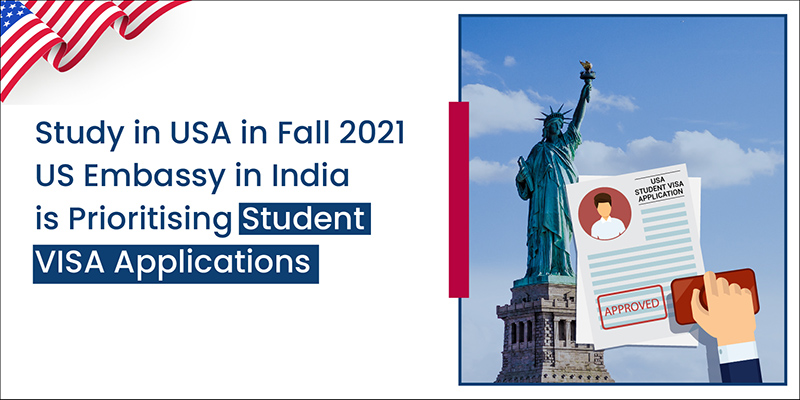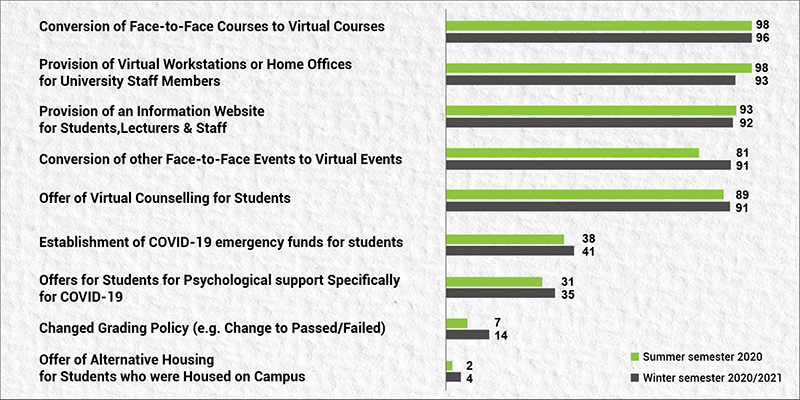HOW TO CHANGE UNIVERSITY IN CANADA WHILE STUDYING ON A STUDY PERMIT
With a Canadian study permit, international students can change their school or program at any time without needing to apply for a new study permit. Once you are accepted into the institution you want to transfer into, you just need to notify IRCC. Keep reading the article to know what are steps you need to take and what will be the consequence if you do not move in the right direction.

Conditions for your study permit on changing the University
You must inform IRCC each time you change post-secondary schools. Before starting your course, you must meet the following conditions of your Canadian study permit.
- You must be accepted at a university in Canada listed in a Designated Learning Institution (DLI)
- You are actively studying while you are in Canada.
Requirements to update information to IRCC
You need to inform immigration authorities any time you change your University or program. To do this, you will need the following:
- an online account
- your study permit number
- Designated Learning Institution (DLI) number of your new institution.
- your new Student ID(Student Identification Number) mentioned on the new acceptance letter.
- your start date at your new school.
They may ask you to provide any extra details from your application for security reasons, so be ready with all the information. You do not need any representative to change your DLI. If you have details of your study permit application, you can do it by yourself.
Procedure to inform IRCC
You have to contact Immigration, Refugees and Citizenship Canada (IRCC) if you:
- are a post-secondary student
- have a co-op work permit and you have changed post-secondary schools to another co-op study program
- need to update your study permit with the latest information.
If you are changing your institution, you will want to make sure you are following the right procedure and staying within the conditions of your study permit. Here are the steps you need to follow to change your school or program in Canada:
- Sign in to your account from here
- Find the option Designated Learning Institution student transfer
- Click on the option transfer from DLI number
- Enter your study permit application number in the search option and then click search for my application
- You may be asked to enter some extra details from your original study permit application, fill it accordingly.
- Fill in the information about your new school or program, the new DLI number, your new student ID number, and your start date of the program.Click on submit transfer.
- You will then be asked to check all the information you have submitted. If everything looks good, you can complete the process by clicking confirm the transfer
8. You will receive a message or notification that your transfer request is complete. This means that you are successful in informing the authorities about your change of university.
Changing your DLI if you’re outside Canada
If you change your university before entering Canada and you don’t inform immigration officers about this, then you won’t be allowed to board your flight.
- If your application is still in progress
You can inform the authorities about your change of DLI by submitting a new letter of acceptance using the IRCC web form.
- If your application has been approved
If your study permit application received approval and you want to change your DLI, you have to submit a new study permit application with a new letter of acceptance. You will also be charged a visa application fee again.
Studying in Quebec
If you are moving to a school in Quebec, you must get a Québec Acceptance Certificate (CAQ). If you are already in Quebec pursuing your course, you have to contact the MIFI (ministère de l’Immigration, de la Francisation et de l’Intégration) to change your:
- University
- Course
- level of study
Consequences if you don’t inform IRCC
If you change schools and don’t inform IRCC, you may have to face few consequences. Your old institution will report as not you are being registered there to study. If this happens, you are breaking the conditions of your study permit
- You may be asked to take an exit from Canada.
- This will lead to preventing you from coming to Canada in the future. Your Visa application form may not be approved in the future.
We hope you got your answer to Can I Change Schools or Programs While on a Study Permit? You should work legally to be on the safer side. Canada is an abroad country for you, so you have to keep your documents updated, especially visas and permits. You can stay to study in Canada only when you follow all the rules and regulation.
Images source:- Canada.ca
Source:
.png)






0 comments: